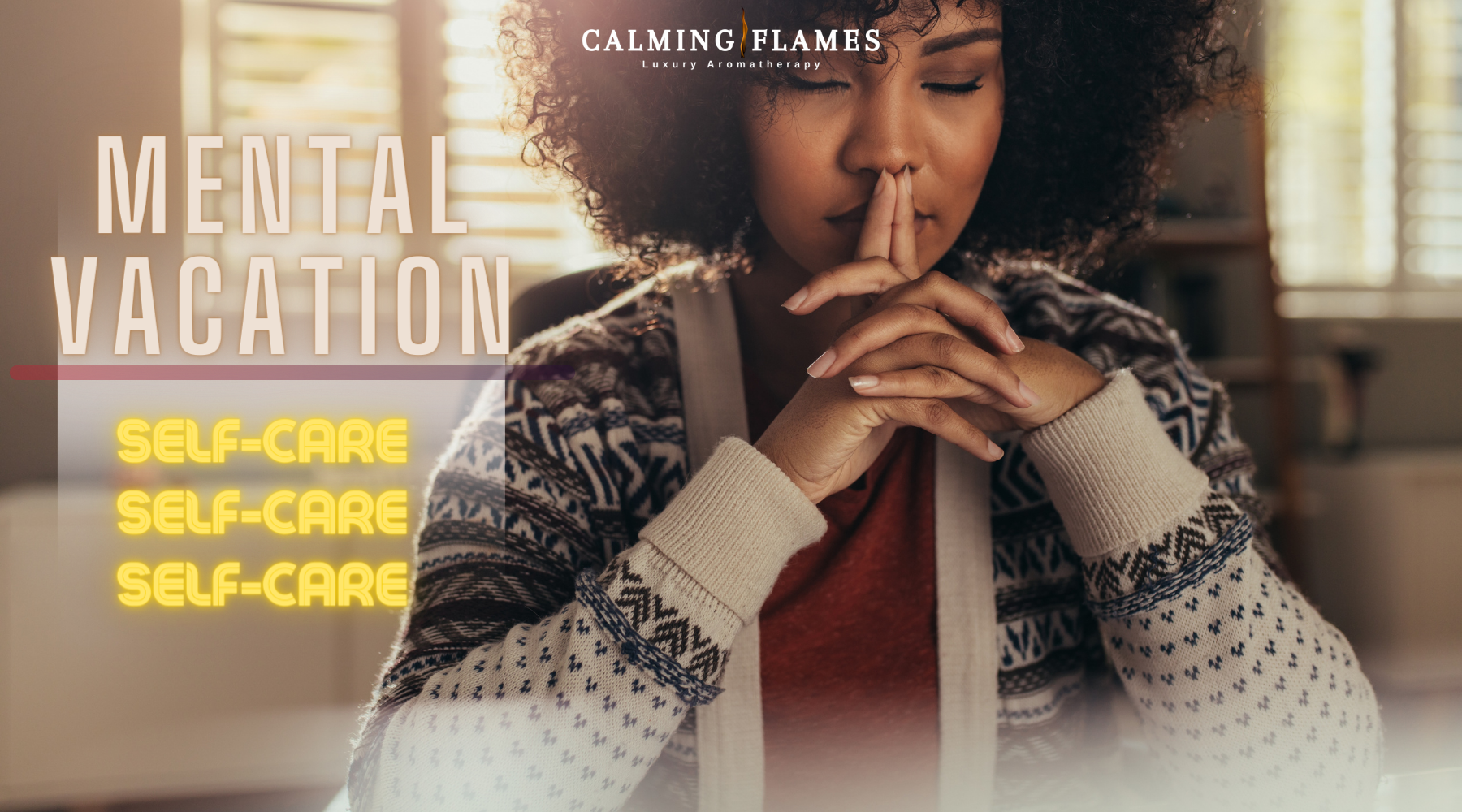What Are Bad Habits and How To Identify Them Easily?
Bad habits are behaviors that we engage in regularly, but are not necessarily beneficial to our lives. They can be anything from procrastination and overeating, to smoking or drinking alcohol. It is important to identify these habits so that we can work on changing them and improving our overall health and wellbeing.
In this article, we will discuss what bad habits are, some common examples of bad habits, how to identify them easily, and the personality traits for success that help us avoid developing these habits in the first place. We will also provide tips on how to break a bad habit once it has been identified. By understanding what bad habits are and how they can be identified easily, you will be better equipped to make positive changes in your life.
What is a Bad Habit?
Bad habits are behaviors we do on a regular basis that have negative effects on our physical, mental, or emotional health. We often develop bad habits as a way of coping with stress and avoiding difficult situations. As these habits become part of our everyday life, they can adversely affect our self-care routines and overall wellbeing.
Bad habits exist in all aspects of our lives, including eating, sleeping, exercising and even interacting with others. It can be difficult to break away from these behaviors because they are usually deeply ingrained in our day-to-day routines. To make lasting changes to any bad habits we have, it requires persistence and self-control as well as an understanding of the underlying causes behind them.
How to Break Bad Habits
Step 1 - Set SMART Goals to Help You Break Your Bad Habit
Breaking a bad habit is a difficult task, and it requires dedication, patience and hard work. To make sure that you are successful in breaking your bad habit, it is important to set SMART goals. SMART stands for Specific, Measurable, Achievable, Relevant and Time-Bound. Setting SMART goals will help you to stay focused on the task at hand and create an action plan that will guide you towards success.
Identifying personal goals and objectives is the first step towards achieving success in breaking your bad habit. You need to be clear about what you want to achieve in order to create an effective plan of action. By setting SMART goals, you can ensure that your plan of action is realistic and achievable within a certain timeframe. This will help motivate you to stay on track with your goal of breaking your bad habit. Goal setting is an important part of self-care and motivation. By using SMART goals as your guiding principle, you will have the necessary steps in place to help you reach your highest potential. Additionally, taking ownership of your life by establishing SMART goals will also ensure that you are propelling yourself forward in the direction that you want to go.
Step 2 - Find an Accountability Partner or Coach To Stay on Track

Having an accountability partner or coach is one of the best ways to stay on track with your goals. An accountability coach is a professional who helps individuals set and achieve their goals. They provide valuable guidance and support to their clients as they navigate the processes of self-reflection, goal setting and understanding what areas need improvement. They can also provide feedback and guidance on how to make changes that will help you reach your goals faster.
Look for an accountability coach who possesses qualities, such as strong interpersonal and communication skills, the ability to motivate, empathy, the ability to show tough love when needed, patience, knowledge of self-care techniques such as meditation and stress management, and the ability inspire others. Self care motivation is also an important quality for an accountability coach; they need to be able to motivate people not only by pointing out what needs to be improved but by also providing knowledge of mindful techniques that can help with goal achievement.
Finding an accountability partner or coach who is knowledgeable in the area of your goal can be a great way to ensure that you are staying on track and making progress towards achieving it.
Aim for one hour per week of coaching, and find a time when you will not be interrupted during your session. Keep in mind that some coaches/partners may have specific requirements for their service—in this case, it might be worth considering on-demand meetings or webinars. In the end, this is about you and what you are ready for in order to achieve your goal.
Step 3 - Develop Healthy Coping Strategies For When You Feel The Urge To Do The Bad Habit Again

Overcoming unwanted automatic behaviors can be difficult, but it is possible. Developing healthy coping strategies for when you feel the urge to do the bad habit again is an important step in this process. By using a combination of cognitive-behavioral techniques and mindfulness, you can learn to recognize and manage your urges in a healthier way. This will help you to break the cycle of the bad habit and create new and healthier habits that will last.
Coping effectively with stress and life’s difficulties is an important skill. It requires practicing healthy coping strategies that can help you break away from bad habits and develop the emotional, social, and mental wellbeing to successfully meet your challenges.
Healthy coping strategies include physical activity to reduce stress, connecting with others for emotional support, taking time-outs to practice mindfulness techniques and deep breathing exercises, developing a positive attitude towards life’s daily challenges, engaging in meaningful activities that bring satisfaction, as well as challenging losses or set backs in order to learn from them. Practicing these healthy approaches can help you manage difficult emotions and build resilience when facing future challenges.
Practice positive self phrases that make you feel good such as “I can do this” or “I am a confident person” to motivate yourself. This will help you build your confidence while breaking habits at the same time. Also identify the triggers of your bad habit and find alternatives to these triggers.
Identifying the problematic habits and their triggers
Identifying the problematic habits and their triggers is key to understanding why we do what we do. With this knowledge, we can develop strategies to break bad habits and replace them with healthier ones. By understanding the underlying causes of our bad habits, we can better identify our triggers and develop strategies to manage them. This will help us in breaking our bad habits and replacing them with healthier alternatives. With this knowledge, we can become more mindful of our actions and make better decisions that positively impact our lives.
Developing good habits and breaking bad habits is integral to achieving our real life goals. Self-care is important in developing these habits so that our choices allow us to reach our goals and live a healthier lifestyle. Breaking bad habits can be difficult, but with the right self-care practices, we are better equipped to make proactive and positive choices that help us create healthier lifestyles. Self-care can involve making time for yourself, investing in activities you enjoy, learning to practice mindfulness and self-compassion, and engaging in stress management techniques. It is essential to keep these practices in mind as we strive to break bad habits so that we can make lasting changes that will benefit us both physically and mentally.









Leave a comment
All comments are moderated before being published.
This site is protected by hCaptcha and the hCaptcha Privacy Policy and Terms of Service apply.